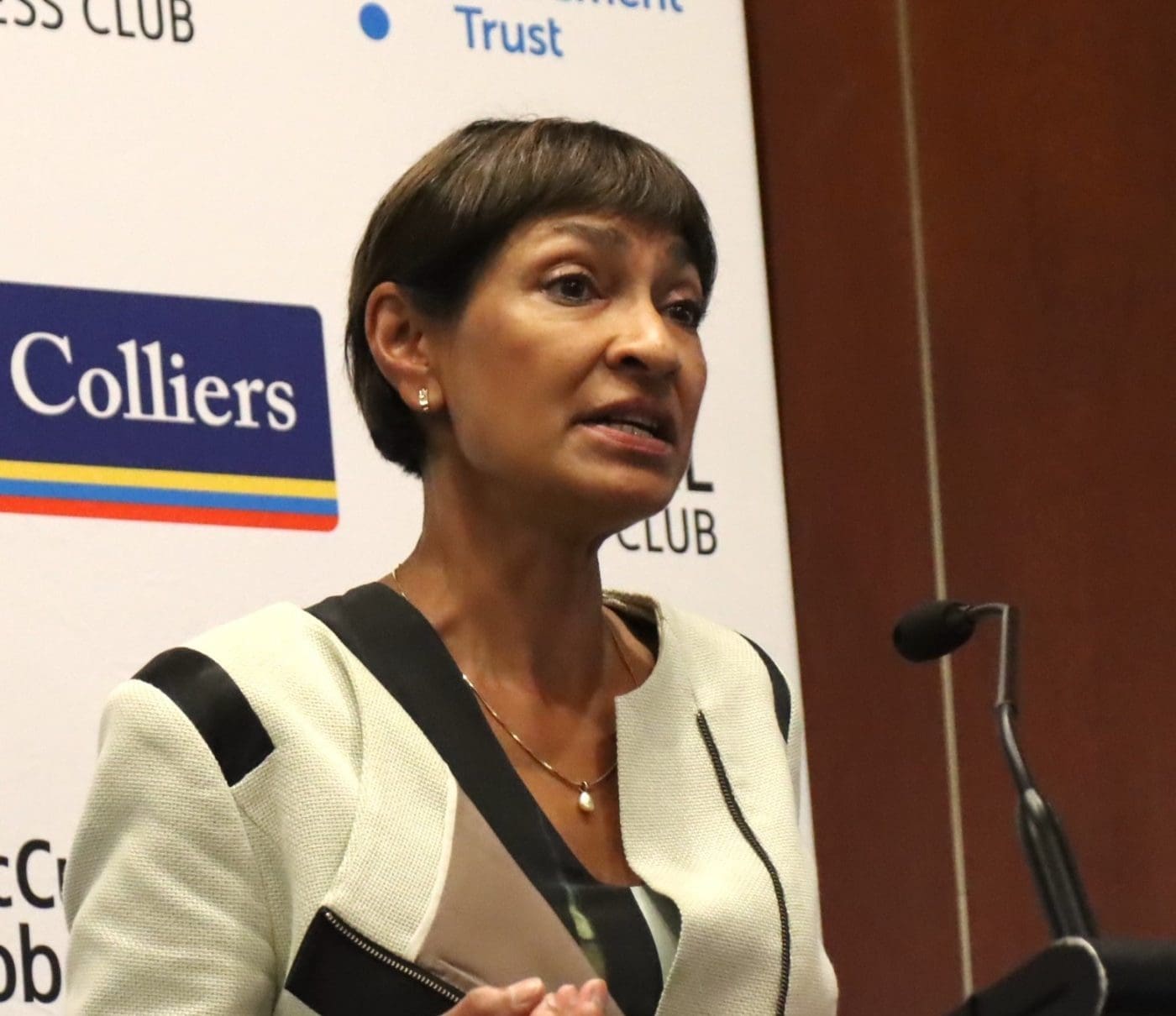AUSTRALIA’S special representative for agriculture has given the Queensland Rural Press Club a rare insight into the animal welfare mentality of some overseas markets, delivering a sobering message about one of the key issues.
Su McCluskey has been in the Federal Government’s representative role for more than a year, travelling to several countries – including Europe, Singapore, South America and New Zealand.
Running through some of the key themes of her travels, Ms McCluskey said she had spoken at length with European officials about animal welfare.
“The main message I received in Europe was that ‘the UK gave you a good deal, you won’t get such a good deal from us’,” she said.
“Europe thinks mulesing is a barbaric activity and the reality is that pain killers are not going to cut it. China doesn’t care too much about animal welfare, but wait until China starts to realise the premium they are getting in Europe will not be there unless they are scouring non-mulesed wool.”
Ms McCluskey said she had explained the animal welfare benefits of mulesing to officials in Europe – with the message hard to get through.
“You have people making decisions that need to have some of the basic things explained to them,” she said.
“I made a presentation to them about flystrike, climatic conditions and how removing a little bit of skin from the breech of the sheep is better outcome than having them die a slow and painful death.”
Ms McCluskey said demonstrating sustainability credentials was coming to the entire agricultural industry. She it was a challenge with increased demand from the world’s growing population.
“We know we have an increasing world demand and challenge to achieve food security,” she said.
“It is not just meeting world demand, it is about meeting the demand and doing it sustainably.”
Agriculture becoming more implicated in climate politics
With Australia increasing its ambition on reducing emissions and the agriculture becoming increasingly involved, Ms McCluskey said agriculture was likely to be a topic of discussion in global meetings.
“Australian agriculture was really present at the COP27 meetings in Egypt last year and I we are going to see an even higher presence,” she said.
“But at the same time we need to reduce our inputs while still being profitable, which is going to be a real challenge.”
While Ms McCluskey highlighted sustainability as one of the highest priorities of government across the world, she said Australian agriculture needed to push back on some of the non-tariff barriers to trade – like the European Green Deal.
“What it does not recognise, is that there needs to be flexibility, because everybody farms in different environments and different production systems,” she said.
“We are seeing some agitation against this in Europe – particularly in The Netherlands and Ireland. I want to learn from those countries about how they think the green deal could work and take examples of what we are doing in Australia.
“If we have an outcomes approach, you can still get a measure of really good animal health practices, just how you do it might be different.”


Good, helpful comments from Su. She has shown once again that we need to explain what we do in a way that addresses the customer’s ignorance.
Too often the industry only explains things from their own need.
If mulesing to give sheep lifetime protection against flystrike is barbaric, what is bull fighting?
In the words of someone famous ” How dare you?!”
Excellent insights from Su (again). Keen to know whether she is seeing a move (in Europe in particular) away from a simple fixation on carbon (including carbon neutrality) to the broader issue of sustainability (social aspects, environmental footprint, biodiversity, industry stewardship, community resilience, etc)?
I think you will find that the Europeans’ approaches are increasingly comprehensive, although no doubt variable from country to country.
Su points out that they will want ‘proof’ of the sustainability of our approaches. We need audited certification processes to do this, which will miss the mark if they are not consistent with internationally recognised practice, such as ISO 14001.